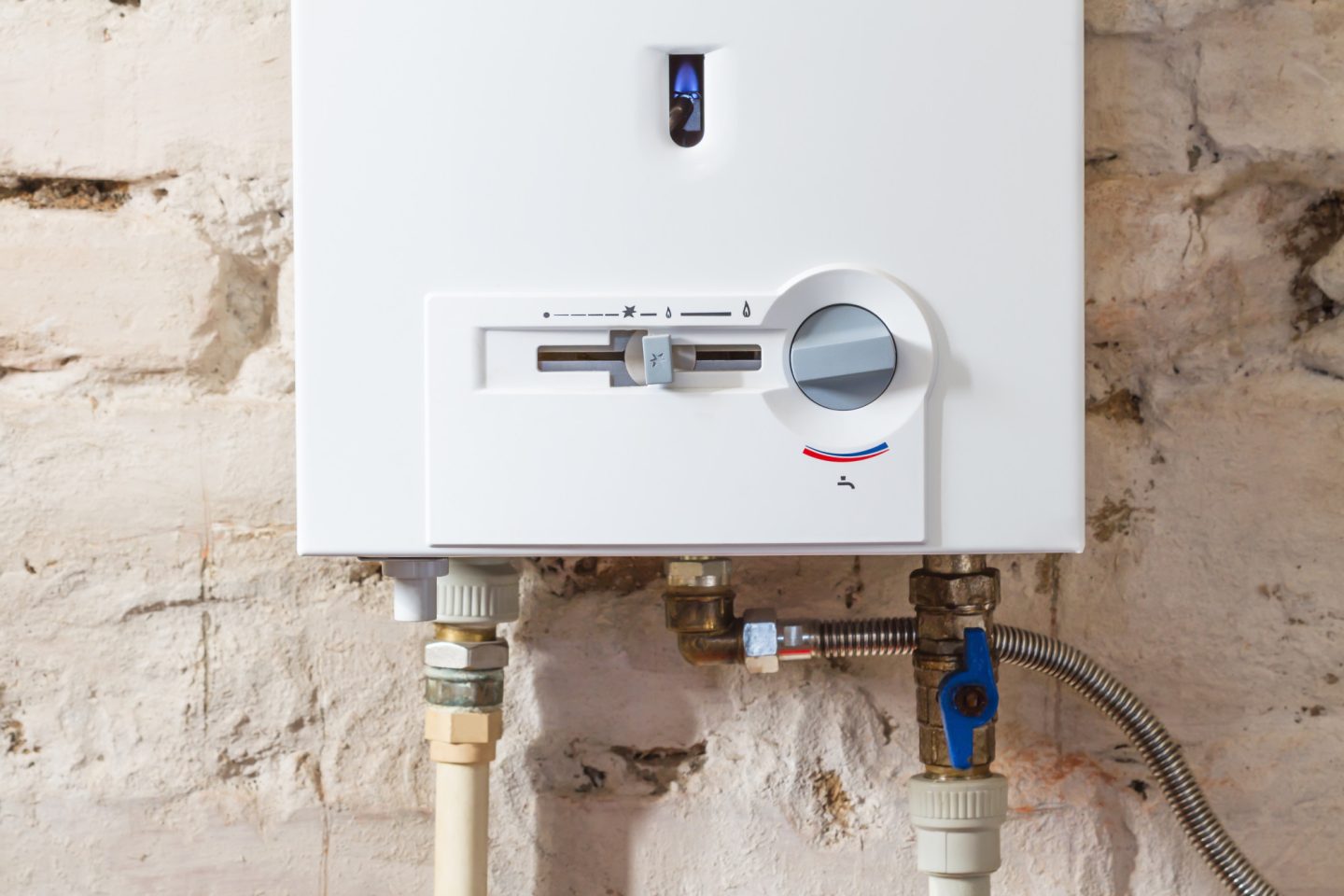
Water heaters might not be the first thing that comes to mind when one thinks of household comfort, but their role in ensuring a comfortable living environment is undeniable. From a soothing warm bath after a long day to efficiently washing greasy dishes, the conveniences they bring to our daily routines are plentiful. Here, we dive into the intricate world of water heaters, their types, and the importance of regular maintenance.
Understanding Water Heaters
Water heaters are appliances designed to heat water above its initial temperature. They play a critical role in homes, particularly in colder regions or during winter. They can be electric, gas-powered, or even solar-powered. You’ll save a lot of time and money by getting leaks fixed as soon as you can. Working with professionals is important, otherwise you might end up with damaged furniture, carpets or the need for restoration
Types of Water Heaters
- Tankless (On-Demand) Water Heaters: These heaters warm the water as it flows through the device without storing any water inside, thus eliminating the need for a tank. They can be more energy-efficient than conventional storage tank water heaters.
- Storage Tank Water Heaters: The most commonly used type, these heaters store and heat a large amount of water in a tank so that it’s available whenever needed.
- Heat Pump (Hybrid) Water Heaters: These capture heat from the air or ground and transfer it to the water. They can be more energy-efficient than standard electric water heaters.
- Solar Water Heaters: Using solar panels installed on the roof, these systems convert sunlight into heat, which is then transferred to the water.
- Condensing Water Heaters: Ideal for homes with natural gas, these heaters use gas or propane to heat the water. They work by capturing hot exhaust gases that would normally exit the flue, which then heats the water in the tank.
For a deeper dive into the differences and benefits of each type, Energy.gov provides an extensive guide.
Why Maintenance is Crucial
Water heaters, like any other home appliance, need regular maintenance to operate efficiently.
- Safety: Gas and electric water heaters can be a potential safety hazard if not maintained. Faulty installations or deteriorating parts can lead to gas leaks or electrical issues.
- Efficiency: Sediment buildup in the tank can reduce the efficiency of the heater. Regular flushing of the tank can prevent this.
- Longevity: With regular maintenance, water heaters can last longer, ensuring you get the most out of your investment.
- Preventive Measures: Regular checkups can identify minor issues before they escalate into bigger problems, saving on potential future repair costs.
When To Consider Replacement
Even with the best care, there comes a time when a water heater will need to be replaced. Some signs include:
- The age of the heater. Most last between 10-15 years.
- Rusty-colored water, indicating potential tank corrosion.
- Consistent lack of hot water.
- Leaks around the base of the heater.
- Noisy operations.
This Old House offers more insights into the lifespan and efficiency of different water heaters and when it might be time to consider a replacement.
Conclusion
Water heaters, despite often being overlooked, are crucial for the modern comforts of home. Their maintenance ensures not only a continuous supply of warm water but also the safety and efficiency of the device.
For the residents of Antelope Valley, when it comes to water heater installations, maintenance, or advice, Brock Plumbing is the trusted name. With a legacy of professionalism and dedication, we ensure that your water heaters function efficiently, and safely, and have a long lifespan. At Brock Plumbing, we believe in providing quality service, because nothing is more important than the comfort and safety of your home. Contact Brock Plumbing today and let us take care of all your water heater needs.

